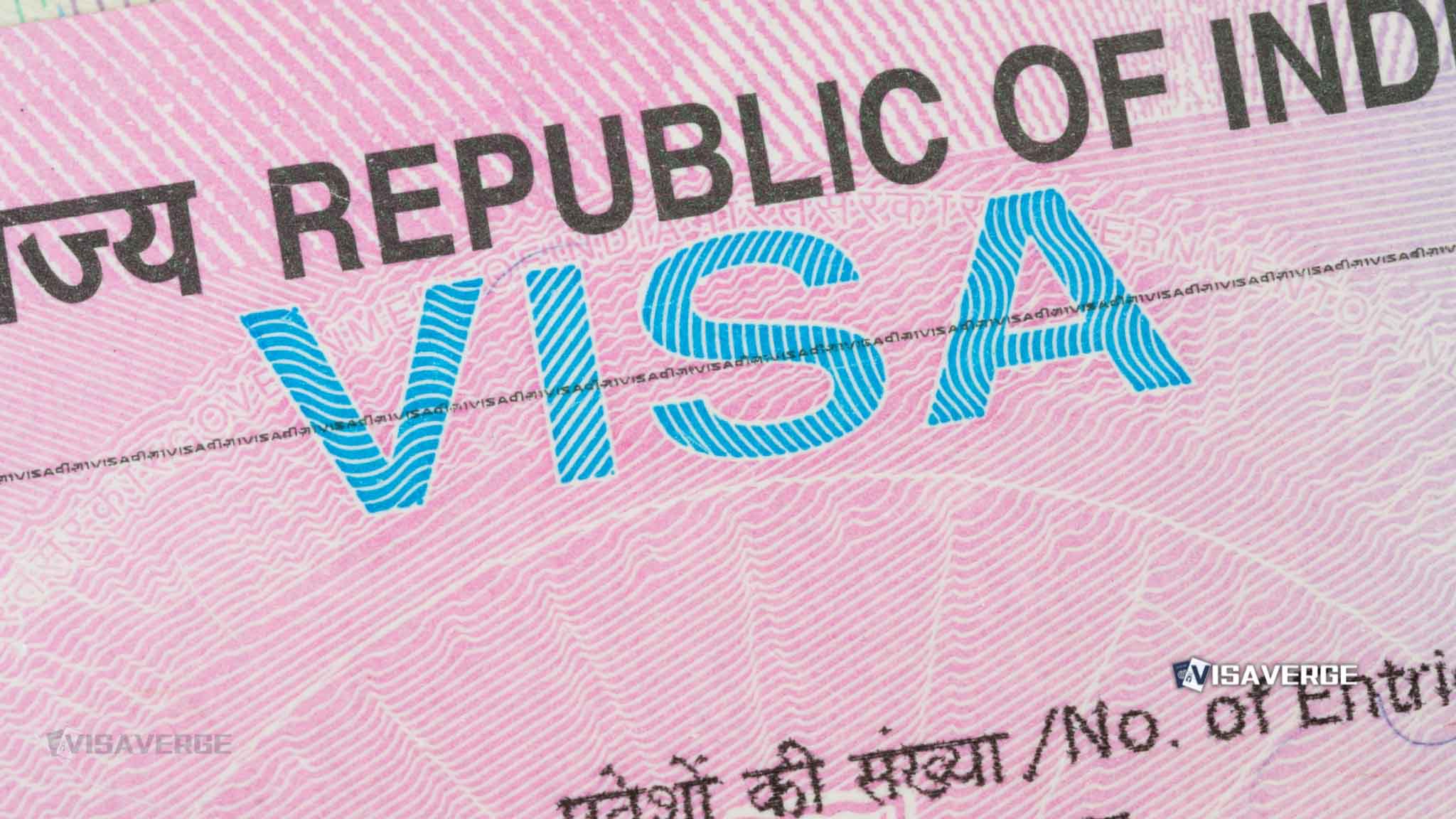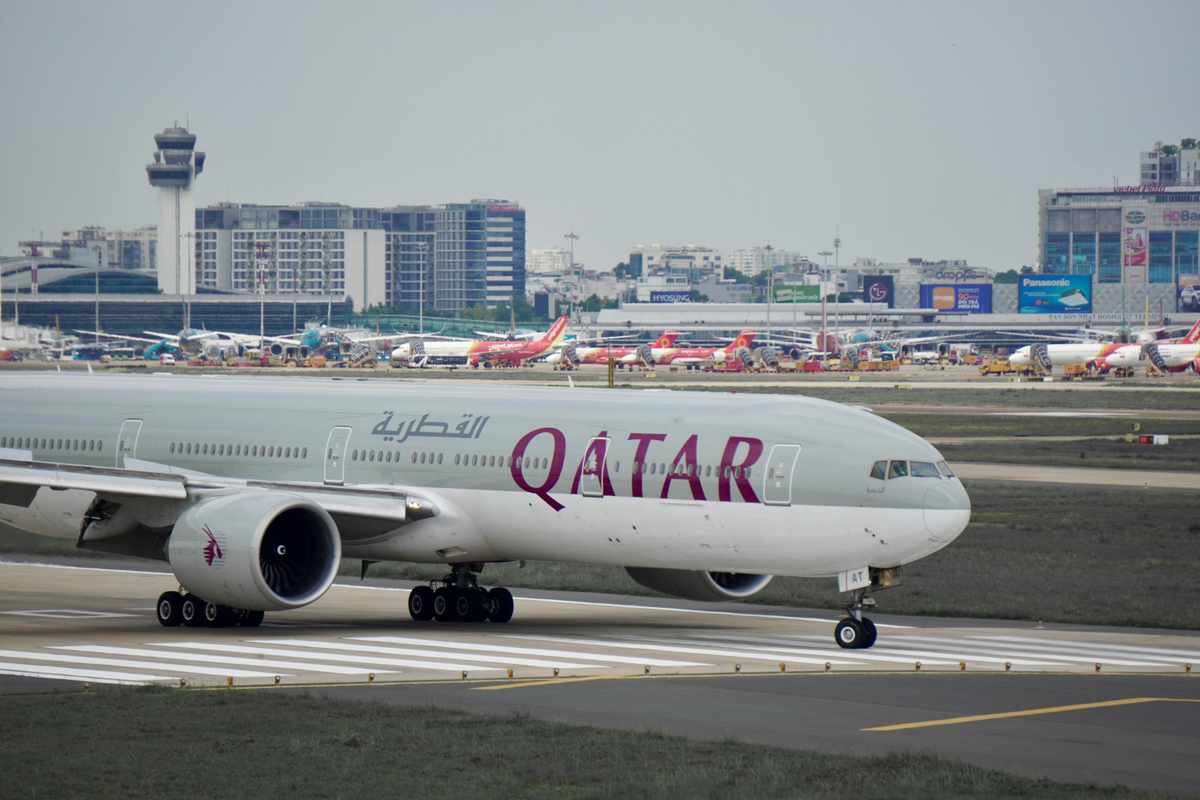Key Takeaways
• New Zealand exempts Indian degrees from IQA starting June 23, 2025, speeding visa processing.
• Changes affect Skilled Migrant, Green List roles, and Accredited Employer Work Visa categories.
• Policy aims to reduce costs, recognize Indian education, and address New Zealand skill shortages.
New Zealand’s recent decision to remove the International Qualification Assessment (IQA) requirement for Indian students and skilled workers marks a significant shift in its immigration policy. This change, effective June 23, 2025, is designed to make the visa process faster, cheaper, and more accessible for Indian nationals. The move also reflects New Zealand’s growing recognition of Indian higher education standards and its commitment to attracting skilled talent and international students. This analysis explores the purpose and scope of the policy change, the methodology behind its implementation, key findings, data trends, and the broader implications for Indian students, skilled workers, and New Zealand’s labor market.
Purpose and Scope

The main purpose of this policy change is to streamline the visa application process for Indian students and skilled workers by removing the need for an International Qualification Assessment (IQA) for recognized Indian degrees. The scope of the change covers major visa categories, including the Skilled Migrant Category, Green List roles, and the Accredited Employer Work Visa (AEWV). By expanding the List of Qualifications Exempt from Assessment (LQEA) to include India and eight other countries, New Zealand aims to:
- Reduce processing times and costs for applicants
- Recognize the quality of Indian higher education
- Address skill shortages in the New Zealand labor market
- Strengthen educational and labor mobility ties between New Zealand 🇳🇿 and India 🇮🇳
This analysis will examine how the removal of the IQA requirement affects Indian students and skilled workers, the visa process, and New Zealand’s broader immigration landscape.
Methodology
This analysis is based on official announcements from Immigration New Zealand (INZ), updates from the New Zealand Qualifications Authority (NZQA), and secondary reporting from reputable immigration news sources, including VisaVerge.com. The approach includes:
- Reviewing policy documents and official statements from INZ and NZQA
- Comparing previous and current visa processing requirements for Indian applicants
- Analyzing the impact on processing times, costs, and application procedures
- Presenting data and trends using visual descriptions for clarity
- Gathering perspectives from key stakeholders, including employers, students, and immigration experts
- Identifying limitations and areas for further review
Key Findings
1. Indian degrees are now recognized without extra assessment:
As of June 23, 2025, Indian students and skilled workers applying for key New Zealand visas no longer need to submit their degrees for an International Qualification Assessment (IQA). This exemption applies to degrees from recognized Indian institutions listed by the NZQA.
2. Major visa categories affected:
The change covers the Skilled Migrant Category, Green List roles, and the Accredited Employer Work Visa (AEWV). These are the main pathways for skilled migration and international students seeking to study or work in New Zealand.
3. Faster and cheaper visa processing:
By removing the IQA step, applicants save both time and money. The IQA process previously involved paperwork, fees, and waiting periods, which often delayed visa decisions.
4. Broader recognition of Indian education:
New Zealand’s decision to include India in the LQEA reflects growing confidence in the quality and reforms of Indian higher education. This move aligns New Zealand with other countries that already recognize Indian degrees for immigration purposes.
5. Ongoing reforms and digital upgrades:
The policy change is part of a broader set of reforms, including updates to the AEWV scheme and the launch of an enhanced Immigration Online system for student visas in August 2025.
Data Presentation and Visual Descriptions
Previous vs. Current Visa Application Process for Indian Applicants
Before June 23, 2025:
– Indian applicants needed to:
– Obtain an IQA from NZQA (involving document submission, fees, and waiting for assessment)
– Submit IQA results with their visa application
– Wait for both IQA and visa processing, often leading to delays
After June 23, 2025:
– Indian applicants can:
– Check if their degree is from a recognized institution listed by NZQA
– Apply directly for the relevant visa category without an IQA
– Benefit from faster processing and lower costs
Visual Description:
Imagine a flowchart with two paths. The old path has extra steps: “Degree → IQA Application → IQA Result → Visa Application → Decision.” The new path is shorter: “Degree → Visa Application → Decision.” The removal of the IQA step makes the process simpler and quicker.
Cost and Time Savings
- IQA assessment fee: Previously, applicants paid a fee to NZQA for the IQA. This fee is now eliminated for those with recognized Indian degrees.
- Processing time: The IQA process could add several weeks to the overall timeline. With the exemption, applicants can expect much shorter waiting periods.
Countries Included in LQEA Expansion
Alongside India, the following countries are now included in the LQEA for visa purposes:
France 🇫🇷, Germany 🇩🇪, Italy 🇮🇹, Singapore 🇸🇬, South Korea 🇰🇷, Sri Lanka 🇱🇰, Sweden 🇸🇪, and Switzerland 🇨🇭.
Key Visa Categories Impacted
- Skilled Migrant Category: For those seeking permanent residence based on skills and qualifications.
- Green List Roles: For occupations in high demand, offering fast-track residence options.
- Accredited Employer Work Visa (AEWV): For skilled workers sponsored by approved New Zealand employers.
Comparisons, Trends, and Patterns
International Trends in Qualification Recognition
New Zealand’s move to recognize Indian degrees without extra assessment follows a global trend. Countries like Australia 🇦🇺, the United Kingdom 🇬🇧, and the United States 🇺🇸 have increasingly accepted Indian qualifications for skilled migration and study purposes. This trend reflects:
- Growing confidence in Indian higher education standards
- Efforts to attract skilled talent from India
- Recognition of India’s role as a major source of international students and skilled workers
Patterns in Indian Student and Worker Migration
- India is a leading source of international students for New Zealand.
According to analysis from VisaVerge.com, Indian students make up a significant portion of New Zealand’s international student population, especially in fields like engineering, IT, and business. - Indian professionals fill key skill shortages.
Many Indian workers come to New Zealand under the AEWV scheme, contributing to sectors such as healthcare, construction, and technology.
Impact on Application Volumes
- Expected increase in applications:
The removal of the IQA requirement is likely to encourage more Indian students and skilled workers to apply, as the process is now less complicated and more affordable. - Faster processing times:
With fewer paperwork steps, INZ can process applications more efficiently, reducing backlogs and improving the applicant experience.
Evidence-Based Conclusions
1. The policy change directly benefits Indian students and skilled workers.
By eliminating the IQA step, New Zealand has made it easier for qualified Indian nationals to access study and work opportunities. This is expected to boost the number of Indian applicants and strengthen educational and labor ties between the two countries.
2. New Zealand’s labor market will benefit from a larger pool of skilled talent.
Employers facing skill shortages can now recruit Indian professionals more quickly, especially in sectors covered by the Green List and AEWV reforms.
3. The change supports New Zealand’s international education goals.
By making the visa process simpler for Indian students, New Zealand can attract more high-quality international students, supporting its universities and colleges.
4. The policy aligns with global best practices in qualification recognition.
New Zealand joins other countries in recognizing Indian degrees, reflecting a broader shift toward international mobility and mutual recognition of qualifications.
Limitations and Areas for Further Review
1. Not all Indian qualifications may be recognized.
The exemption applies only to degrees from institutions listed by NZQA. Applicants must verify their institution’s status before applying.
2. Ongoing monitoring is needed.
INZ and NZQA will need to monitor the impact of the change to ensure that recognized qualifications continue to meet New Zealand’s standards.
3. Potential for increased application volumes.
While the change is positive, it may lead to higher application numbers, which could strain processing resources if not managed carefully.
4. Further reforms may be needed.
As the AEWV and other visa schemes continue to evolve, additional adjustments may be required to address emerging challenges.
Step-by-Step Process for Indian Applicants After June 23, 2025
- Check if your degree is recognized:
Visit the NZQA website to confirm your institution is on the list. -
Choose the right visa category:
Decide whether to apply under the Skilled Migrant Category, Green List roles, or AEWV. -
Prepare your application:
Gather required documents, but you do not need to submit an IQA report if your degree is recognized. -
Submit your application:
Apply through the official Immigration New Zealand website. -
Wait for processing:
With the IQA step removed, expect a faster decision. -
Receive your visa outcome:
If approved, proceed with your plans to study or work in New Zealand.
Stakeholder Perspectives
Immigration New Zealand (INZ)
INZ has stated that the LQEA expansion is part of ongoing efforts to make the immigration system more efficient and responsive to labor market needs. The agency will continue to review and update qualification recognition policies as needed.
New Zealand Qualifications Authority (NZQA)
NZQA’s role is to ensure that recognized qualifications meet New Zealand’s standards. The agency has updated its lists and guidance to reflect the new exemptions for Indian degrees.
Indian Government and Education Experts
While no direct statements are cited, the policy is widely seen as a recognition of India’s progress in higher education reform and quality assurance.
Employers and Immigration Experts
Employers welcome the change, as it makes it easier to hire skilled Indian workers. Immigration experts note that the move brings New Zealand in line with other countries that have already recognized Indian qualifications.
Students and Migrants
Indian students and skilled workers now have a more accessible, affordable, and straightforward pathway to New Zealand. This is expected to increase interest in New Zealand as a destination for study and work.
Future Outlook
Enhanced Immigration Online System
From August 18, 2025, student visa applications will move to an improved online system, making the process even more efficient and user-friendly.
Ongoing AEWV Reforms
The Accredited Employer Work Visa scheme is being updated throughout 2025, with changes to wage thresholds and experience requirements. These reforms, combined with the IQA exemption, will further support skilled migration.
Possible Expansion of LQEA
New Zealand may continue to review and expand the LQEA, potentially including more countries and qualifications as global education standards evolve.
Official Resources
- Immigration New Zealand – International Qualifications Exempt from Assessment:
For the latest updates on recognized qualifications and visa requirements. - NZQA – International Qualifications:
To verify if your Indian degree is recognized for exemption. - Immigration New Zealand – Visa Application Forms:
For official visa forms and application procedures.
Conclusion
New Zealand’s removal of the International Qualification Assessment requirement for Indian students and skilled workers is a major step toward a more open, efficient, and globally connected immigration system. The change recognizes the quality of Indian education, reduces barriers for applicants, and supports New Zealand’s economic and educational goals. As reported by VisaVerge.com, this policy is expected to increase the flow of skilled migrants and international students from India, benefiting both countries. Applicants should ensure their qualifications are recognized by NZQA and stay informed about ongoing reforms to make the most of these new opportunities. For the most accurate and up-to-date information, always refer to the official Immigration New Zealand website.
Learn Today
International Qualification Assessment (IQA) → A review process verifying foreign educational credentials for visa applications.
List of Qualifications Exempt from Assessment (LQEA) → A list of countries whose degrees don’t require IQA for New Zealand visas.
Skilled Migrant Category → A visa category for permanent residence based on skills and qualifications.
Accredited Employer Work Visa (AEWV) → A visa for skilled workers sponsored by approved New Zealand employers.
Green List Roles → Occupations in New Zealand with high demand for fast-track immigration pathways.
This Article in a Nutshell
New Zealand will remove the IQA requirement for Indian students and skilled workers from June 2025. This change simplifies visa applications, reduces fees, and respects Indian degree standards, enhancing bilateral ties and addressing skill gaps in New Zealand’s labor market while accelerating migration pathways.
— By VisaVerge.com






